localization
Evangelion’s original English scriptwriter has some harsh words for people complaining about translation choices, but also a pretty good point.
The original audiences get eye-squinching, skin-prickling images of horror. Japan gets a poster befitting a zany comedy.
It’s time for more misadventures in the land of cinematic localization as the movie Virgin Mountain gets promoted in Japan.
As one of the most celebrated directors of modern cinema, movie fans across Japan are no doubt looking forward to Ron Howard’s upcoming epic, The Battle with the White Whale.
Wait, what?
As further proof that cats rule the Internet and humanity at large, the relaxed, mostly goal-less mobile app time waster, Neko Atsume—which tasks players with simply collecting a bunch of cartoon cats and kind of just watching them do stuff—proved a massive success in Japan despite a distinctive lack of explosions, destruction and, er, constantly running from left to right that are the typical hallmark of successful mobile games.
In fact, the game is so popular among cat lovers (read: everyone) that the Japanese version of the game began trending abroad, even though the large majority of fans surely had to resort to Internet guides to make any sense of the Japanese kanji plastered all over the in-game menus and inventory.
Said fans were in for a great surprise, though, when last week, developer Hit-Point updated the game with full English support thanks to renowned localization agency 8-4. We had a chance to sit down with the 8-4 team and chat about the behind-the-scenes work that went into localizing the app for an English speaking audience.
The last few years especially have seen a notable increase in the number of western-developed narrative-driven video games. Notable entries include Telltale Games’ The Walking Dead, The Wolf Among Us, and of course Game of Thrones, which deliver their respective stories in downloadable chunks once every few months, leaving players itching to play the next episode and find out what happens.
Telltale pretty much cornered the market on this genre until French development studio DONTNOD Entertainment released the absolutely captivating five-part supernatural high school story game Life Is Strange. The game has been a surprise hit, selling over a million copies to date, with players falling in love with the endearingly complex characters, time-travelling mechanics, mellow game atmosphere, and killer soundtrack. In fact, the game has done so well for itself that publishers Square Enix have decided it’s time Japan got a piece of the photo-snapping, heavy decision-making, time-rewinding fun for themselves. Yep, Life is Strange is being released in Japan, and it’s getting an entirely new Japanese voice cast, too!
Check out the reveal trailer to hear Max, Chloe and the rest of the characters speaking Nihongo!
If you’re an anime purist, you’ve probably watched at least one title with a localization choice that rubbed you the wrong way. Maybe you were irked by Sailor Moon’s Usagi being called “meatball head” on American T.V. instead of “dango/dumpling head.” More recently, you might have wondered why Doraemon’s central family ditched all their chopsticks and now eat their Japanese food with forks in their U.S. appearances.
But localization runs in the other direction, too, and it’s just come to light that Pixar has altered part of the artwork in several scenes of Inside Out solely for the film’s Japanese release.
While the Ace Attorney games take place in an urban Japanese city, for the European and North American games, they take place in Los Angeles. Although the games have gotten their fair share of ribbing for this decision, game localizer Janet Hsu posted a blog entry about some of the decisions behind this change, as well as the alternate-universe version of Los Angeles that makes this possible.
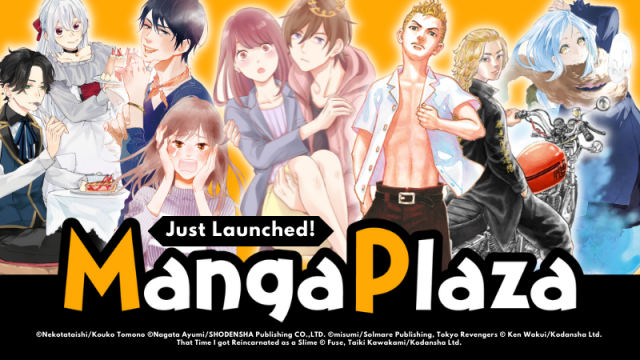
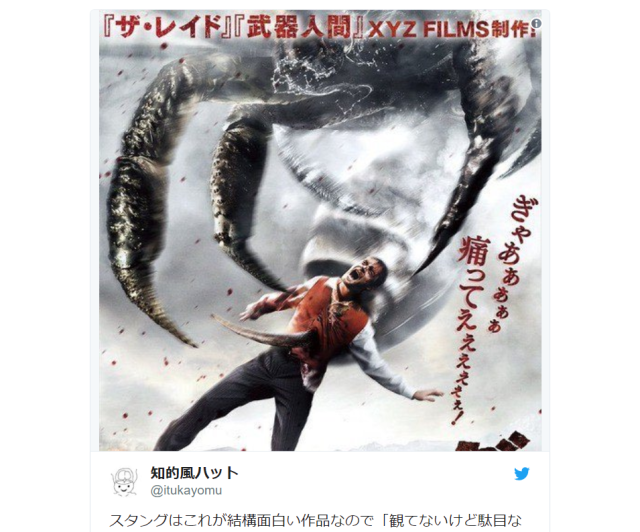
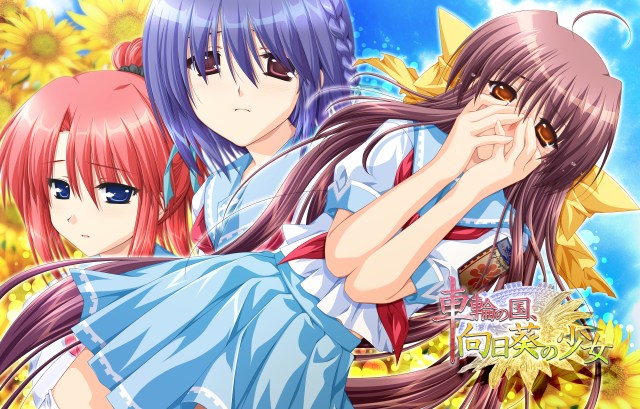
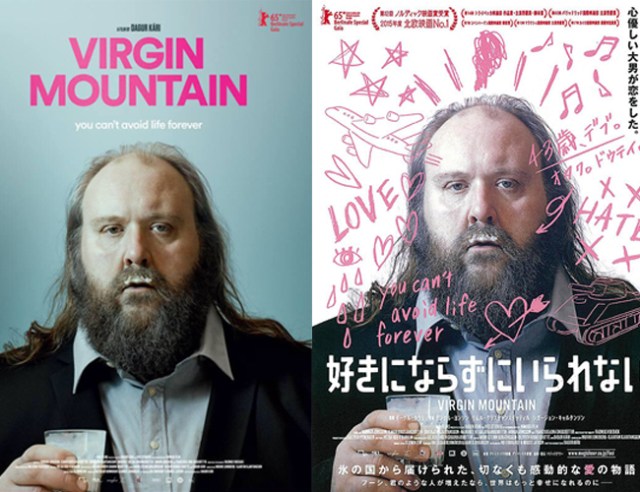
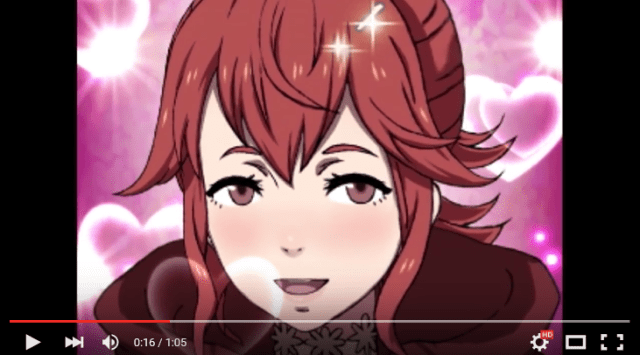
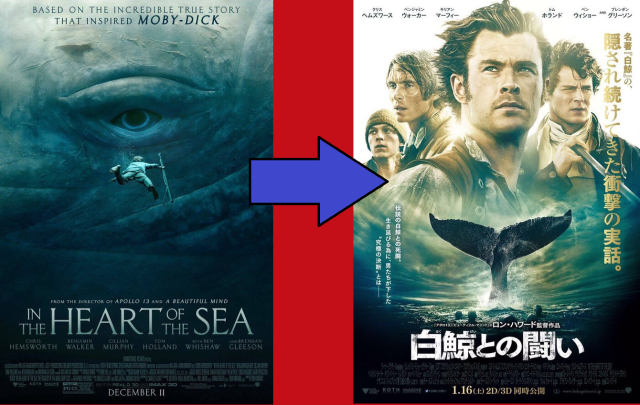
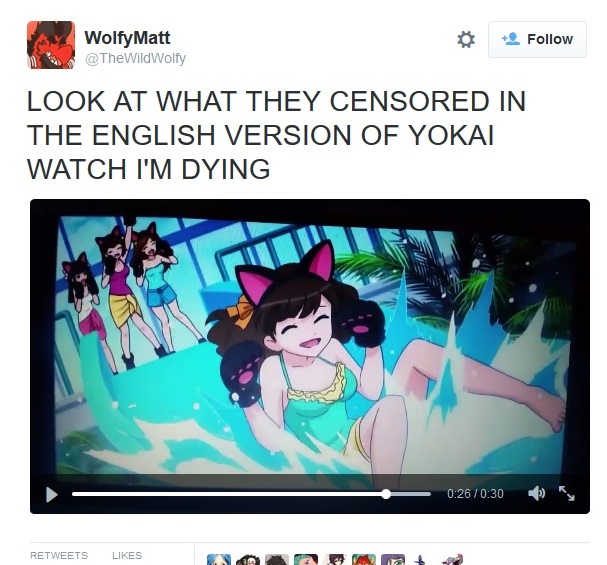

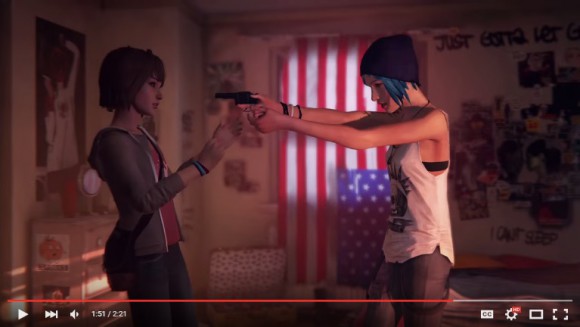

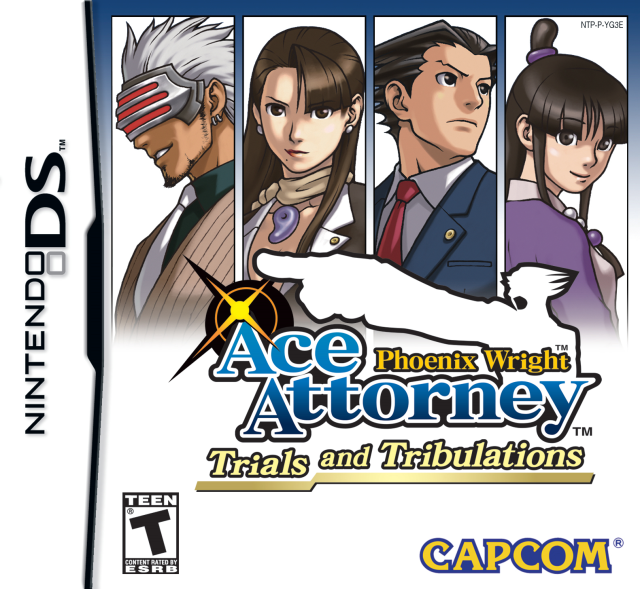
 Starbucks Japan unveils new sakura cherry blossom collection for hanami season 2026
Starbucks Japan unveils new sakura cherry blossom collection for hanami season 2026 One Piece creator has hidden secret of anime treasure’s identity in chest at bottom of real-world ocean
One Piece creator has hidden secret of anime treasure’s identity in chest at bottom of real-world ocean Japan’s cherry blossom season predicted to start earlier than we’d thought, especially in Tokyo
Japan’s cherry blossom season predicted to start earlier than we’d thought, especially in Tokyo Studio Ghibli releases new action figures featuring Nausicaä of the Valley of the Wind characters
Studio Ghibli releases new action figures featuring Nausicaä of the Valley of the Wind characters Sakura Festival in Chiyoda mixes illuminations, boats, music, and Rilakkuma in the heart of Tokyo
Sakura Festival in Chiyoda mixes illuminations, boats, music, and Rilakkuma in the heart of Tokyo Live-action One Piece’s Luffy teaches Sesame Street’s Elmo a Japanese word for friendship[Video]
Live-action One Piece’s Luffy teaches Sesame Street’s Elmo a Japanese word for friendship[Video]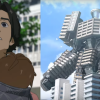 Buildings transform into giant robots in Japanese real estate company’s anime commercial【Video】
Buildings transform into giant robots in Japanese real estate company’s anime commercial【Video】 Visiting Japan’s one-and-only, and only-for-a-limited-time, Dragon Ball noodle restaurant[Photos]
Visiting Japan’s one-and-only, and only-for-a-limited-time, Dragon Ball noodle restaurant[Photos] Taste-testing Japan’s real-world Dragon Balls and Senzu Beans at Marugame Seimen
Taste-testing Japan’s real-world Dragon Balls and Senzu Beans at Marugame Seimen Mr. Sato tries to eat a cheap beef bowl, gets a massive, luxurious surprise in the process
Mr. Sato tries to eat a cheap beef bowl, gets a massive, luxurious surprise in the process Starbucks Japan releases first-ever Hinamatsuri Girls’ Day Frappuccino
Starbucks Japan releases first-ever Hinamatsuri Girls’ Day Frappuccino Japanese restaurant chain serves Dragon Ball donuts and Senzu Beans this spring
Japanese restaurant chain serves Dragon Ball donuts and Senzu Beans this spring Is Tokyo Station’s startlingly expensive wagyu bento boxed lunch worth its high price?[Taste test]
Is Tokyo Station’s startlingly expensive wagyu bento boxed lunch worth its high price?[Taste test] Japan Extreme Budget Travel! A trip from Tokyo to Izumo for just 30,000 yen [Part 2]
Japan Extreme Budget Travel! A trip from Tokyo to Izumo for just 30,000 yen [Part 2] Japan’s craziest burger chain takes menchi katsu to new extreme levels
Japan’s craziest burger chain takes menchi katsu to new extreme levels Viral Japanese cheesecake from Osaka has a lesser known rival called Aunt Wanda
Viral Japanese cheesecake from Osaka has a lesser known rival called Aunt Wanda Japan’s newest Shinkansen has no seats…or passengers [Video]
Japan’s newest Shinkansen has no seats…or passengers [Video] Starbucks Japan releases new sakura goods and drinkware for cherry blossom season 2026
Starbucks Japan releases new sakura goods and drinkware for cherry blossom season 2026 Foreigners accounting for over 80 percent of off-course skiers needing rescue in Japan’s Hokkaido
Foreigners accounting for over 80 percent of off-course skiers needing rescue in Japan’s Hokkaido Super-salty pizza sends six kids to the hospital in Japan, linguistics blamed
Super-salty pizza sends six kids to the hospital in Japan, linguistics blamed Starbucks Japan unveils new sakura Frappuccino for cherry blossom season 2026
Starbucks Japan unveils new sakura Frappuccino for cherry blossom season 2026 Foreign tourists in Japan will get free Shinkansen tickets to promote regional tourism
Foreign tourists in Japan will get free Shinkansen tickets to promote regional tourism The 10 most annoying things foreign tourists do on Japanese trains, according to locals
The 10 most annoying things foreign tourists do on Japanese trains, according to locals Take a trip to Japan’s Dododo Land, the most irritating place on Earth
Take a trip to Japan’s Dododo Land, the most irritating place on Earth Naruto and Converse team up for new line of shinobi sneakers[Photos]
Naruto and Converse team up for new line of shinobi sneakers[Photos] Survey asks foreign tourists what bothered them in Japan, more than half gave same answer
Survey asks foreign tourists what bothered them in Japan, more than half gave same answer Japan’s human washing machines will go on sale to general public, demos to be held in Tokyo
Japan’s human washing machines will go on sale to general public, demos to be held in Tokyo Starbucks Japan releases new drinkware and goods for Valentine’s Day
Starbucks Japan releases new drinkware and goods for Valentine’s Day We deeply regret going into this tunnel on our walk in the mountains of Japan
We deeply regret going into this tunnel on our walk in the mountains of Japan Studio Ghibli releases Kodama forest spirits from Princess Mononoke to light up your home
Studio Ghibli releases Kodama forest spirits from Princess Mononoke to light up your home Major Japanese hotel chain says reservations via overseas booking sites may not be valid
Major Japanese hotel chain says reservations via overseas booking sites may not be valid Put sesame oil in your coffee? Japanese maker says it’s the best way to start your day【Taste test】
Put sesame oil in your coffee? Japanese maker says it’s the best way to start your day【Taste test】 No more using real katana for tourism activities, Japan’s National Police Agency says
No more using real katana for tourism activities, Japan’s National Police Agency says Live-action One Piece’s Luffy teaches Sesame Street’s Elmo a Japanese word for friendship[Video]
Live-action One Piece’s Luffy teaches Sesame Street’s Elmo a Japanese word for friendship[Video] Buildings transform into giant robots in Japanese real estate company’s anime commercial【Video】
Buildings transform into giant robots in Japanese real estate company’s anime commercial【Video】 Visiting Japan’s one-and-only, and only-for-a-limited-time, Dragon Ball noodle restaurant[Photos]
Visiting Japan’s one-and-only, and only-for-a-limited-time, Dragon Ball noodle restaurant[Photos] Taste-testing Japan’s real-world Dragon Balls and Senzu Beans at Marugame Seimen
Taste-testing Japan’s real-world Dragon Balls and Senzu Beans at Marugame Seimen Mr. Sato tries to eat a cheap beef bowl, gets a massive, luxurious surprise in the process
Mr. Sato tries to eat a cheap beef bowl, gets a massive, luxurious surprise in the process Taste-testing Tokyo’s 100-times spicy, and sweatiest, udon noodles【Photos, video】
Taste-testing Tokyo’s 100-times spicy, and sweatiest, udon noodles【Photos, video】 Sakura Skytree photos take Tokyo’s breath away, give kick-start to cherry blossom season【Photos】
Sakura Skytree photos take Tokyo’s breath away, give kick-start to cherry blossom season【Photos】 Shibuya 109 building unveils new winning logo design set to appear over scramble crossing in 2019
Shibuya 109 building unveils new winning logo design set to appear over scramble crossing in 2019 Chance to play Tetris on a massive staircase in Kyoto Station coming in March
Chance to play Tetris on a massive staircase in Kyoto Station coming in March Studio Ghibli director Hayao Miyazaki gets a happy ending to his broken eraser tale
Studio Ghibli director Hayao Miyazaki gets a happy ending to his broken eraser tale 10 gorgeous, must-visit places to see the autumn leaves in Japan
10 gorgeous, must-visit places to see the autumn leaves in Japan You can help Australia’s koalas by eating some of Japan’s favorite chocolate treats!
You can help Australia’s koalas by eating some of Japan’s favorite chocolate treats! This is what a 10,000-yen (US$92) Tokyo bento boxed lunch looks like【Taste test】
This is what a 10,000-yen (US$92) Tokyo bento boxed lunch looks like【Taste test】